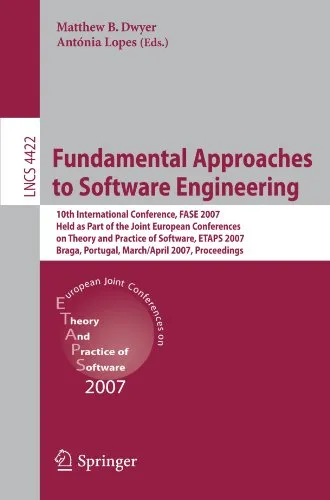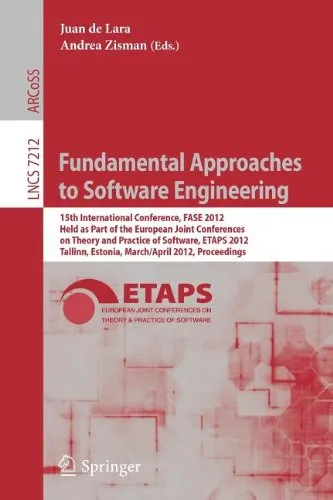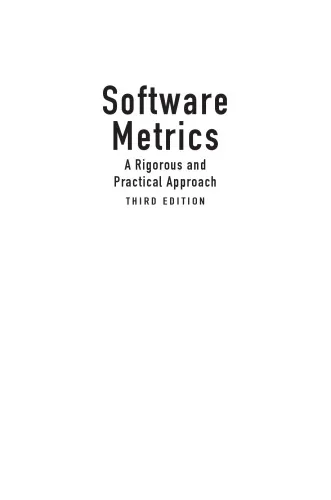Categories for Software Engineering
4.0
Reviews from our users

You Can Ask your questions from this book's AI after Login
Each download or ask from book AI costs 2 points. To earn more free points, please visit the Points Guide Page and complete some valuable actions.Related Refrences:
Introduction to "Categories for Software Engineering"
In an ever-evolving field like software engineering, the tools and methodologies we use to specify, design, and analyze complex systems must continuously adapt and improve. "Categories for Software Engineering" is a groundbreaking book that bridges the worlds of software development and mathematics by introducing the field of category theory as a formal yet practical foundation for modern software engineering.
Written with both academic rigor and a focus on real-world applications, this book serves as an essential guide for software engineers, architects, and researchers who aim to approach their craft with greater precision and formalism. By unpacking the dense but powerful concepts of category theory, the book equips readers with tools to navigate abstractions, manage complexity, and achieve clear, modular designs. This is not just a theoretical treatise; it is a roadmap to better thinking and better software.
Detailed Summary of the Book
"Categories for Software Engineering" first introduces the fundamental concepts of category theory, such as objects, morphisms, functors, and natural transformations. It presents these ideas in an accessible manner, removing the intimidating barriers often associated with advanced mathematics. Through engaging examples and structured explanations, readers learn how these abstract notions directly apply to software engineering tasks.
The book methodically explores how category theory can be applied across various areas of software engineering, such as software modeling, specification languages, formal verification, and API composition. Each chapter builds a coherent narrative, demonstrating how the concepts can be applied to improve the way we design and reason about systems.
By the latter sections of the text, the reader is guided toward advanced topics such as monads (essential in functional programming), adjunctions, and limits, which illuminate deeper insights into modularity, composability, and reusability in software systems. Case studies and exercises solidify the connection between the theoretical constructs and practical design patterns, ensuring a fully rounded and applied understanding.
Key Takeaways
- A comprehensive introduction to category theory, presented specifically for software engineers.
- Practical applications of functors, monads, and natural transformations in modern programming languages and paradigms.
- Detailed explanations on how to design modular and composable software systems using categorical abstractions.
- Insights into the alignment of category theory with functional programming and object-oriented design methodologies.
- A structured approach to formal reasoning, enabling software developers to better manage the challenges of complexity and correctness in system design.
Famous Quotes from the Book
“Mathematics is not just a language for expressing software systems; it is a methodology for exploring their design space.”
“Category theory gives us a way to step back and see software not just as a collection of instructions, but as a dynamic system of interrelated concepts.”
Why This Book Matters
In modern engineering disciplines, the ability to generalize, abstract, and formalize is crucial for managing complexity and scalability. Software engineering, despite its mathematical underpinnings, has often relied on ad-hoc and informal approaches to design, which can cause difficulties in understanding, maintaining, and verifying large-scale systems. This book fills that gap by teaching software engineers how to think categorically—enabling them to reason about programs and systems at a higher level of abstraction and precision.
The application of category theory in software development has had a profound influence on the evolution of functional programming (e.g., in languages like Haskell and Scala) and even object-oriented design. By learning these principles, readers can gain a competitive edge in understanding cutting-edge techniques that have reshaped how we think about computation and system design.
Beyond practicality, this book also inspires readers to think of software engineering as part of a broader intellectual and creative pursuit. It challenges readers to elevate their perspective from the nitty-gritty of code to the elegance of systems and relationships, redefining what it means to 'engineer' software in the modern era.
Free Direct Download
You Can Download this book after Login
Accessing books through legal platforms and public libraries not only supports the rights of authors and publishers but also contributes to the sustainability of reading culture. Before downloading, please take a moment to consider these options.
Find this book on other platforms:
WorldCat helps you find books in libraries worldwide.
See ratings, reviews, and discussions on Goodreads.
Find and buy rare or used books on AbeBooks.
1184
بازدید4.0
امتیاز0
نظر98%
رضایتReviews:
4.0
Based on 0 users review
Questions & Answers
Ask questions about this book or help others by answering
No questions yet. Be the first to ask!
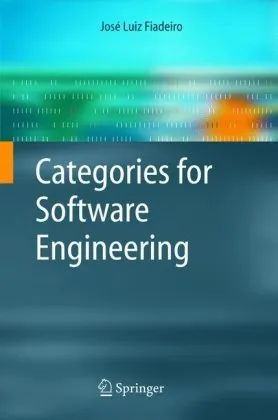




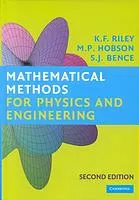

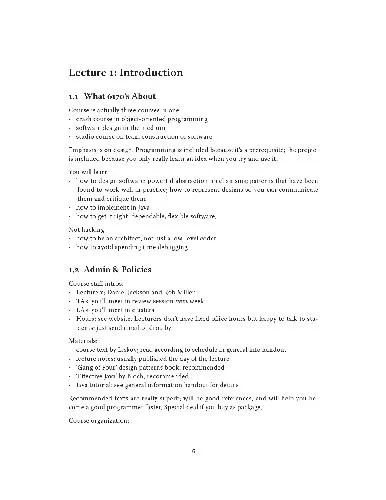
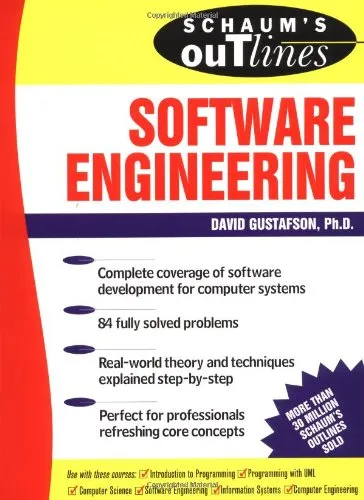
![Fundamentals Of Software Engineering, 5Th Ed [Paperback] Mall](https://s3.refhub.ir/images/thumb/Fundamentals_Of_Software_Engineering__5Th_Ed__31573.webp)

